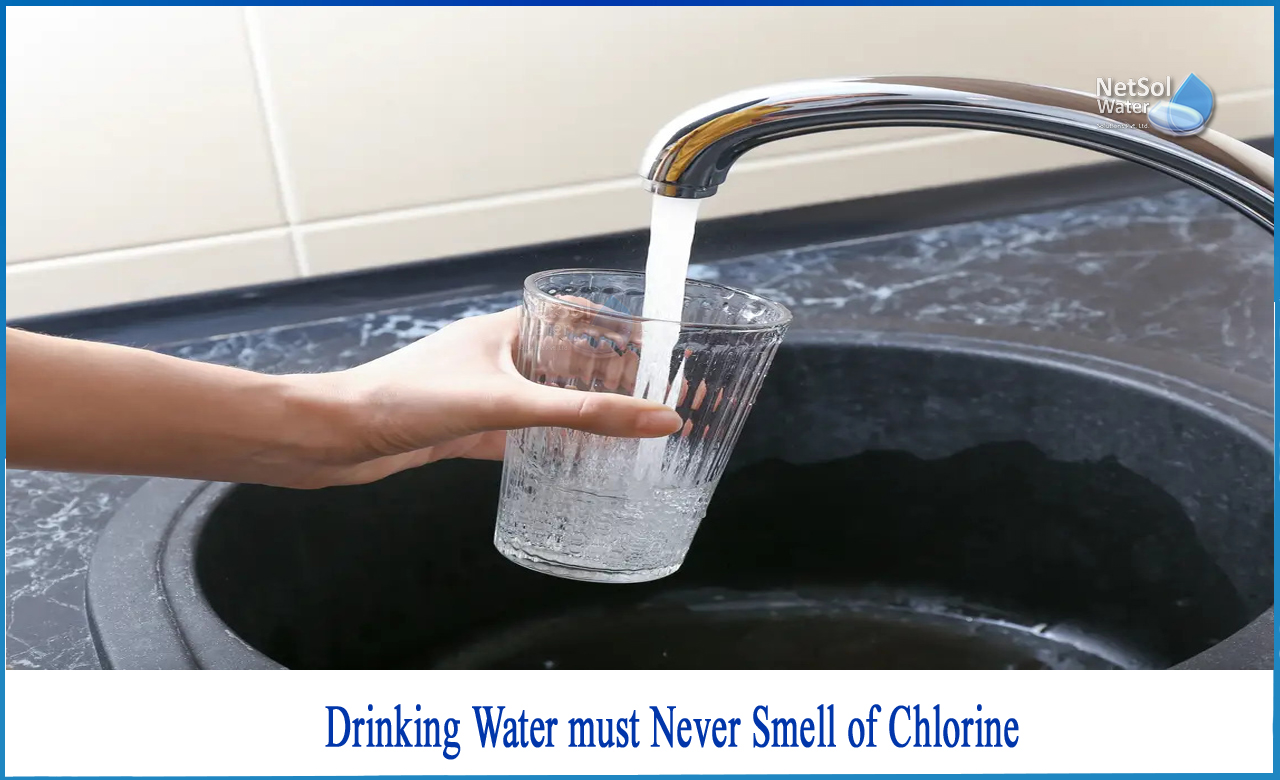Is Drinking water must never smell of Chlorine?
In 1908, the first municipality utilized chlorine water. The Environmental Protection Agency (EPA) now mandates that all public water sources to be chlorinated. Chlorine in drinking water destroys bacteria.
Although chlorine ensures the safety of your drinking water, it does not have a pleasing odour. Filtering your home's water supply is the greatest approach to decrease chlorine odour.
What is that Odour in your drinking water?
A bleach or chlorine odour may be detected in your water supply. You're smelling chlorine in either situation. Your tap water most likely hashigh quantity of chlorine.
The EPA recommends a chlorine concentration of four milligrams per litre or less to keep water safe. However, if the water supply has one milligrams per litre or more of chlorine, you'll start to smell it, thus it's not unheard of to smell chlorine in your water.
How did it end up in my water supply?
Municipalities manually add chlorine to the water supply. It protects us from waterborne infections by disinfecting our water supply.This occurs long before the flood reaches your house. As a result, chlorine will always be present in the water that enters your home. However, after the water is securely delivered to your home, the chlorine is no longer required. Filtering the chlorine out of your tap water before consuming or cooking is entirely safe.
When you have chlorine in your water, it may be rather unpleasant. Furthermore, if the water smells like chlorine, getting your kids to drink a healthy amount of water might be much more difficult. Furthermore, it may be hazardous.
Chlorine added to drinking water, when used correctly, should not produce any odours evocative of a pool party. There are extremely high quantities of harmful chemical compounds interacting together when chlorine can be smelled in water.
Defending yourself against Chlorine
It's possible that the scent of bleach or chlorine in your water supply will overpower you. It's conceivable that your water has too much chlorine in such situation. In this case, it's a good idea to call your local water provider to see if anything is amiss.
There are, however, proactive activities you may take to enhance the quality of your water.
Installing a reverse osmosis filtering system in your house is the greatest approach to preserve your drinking water source. Professional installation from Netsol is required for this type of equipment. Nonetheless, it is reasonably priced.
Conclusion
The quantity of chlorine required for water treatment fluctuates, straddling the line between too much and too little. If the water smells like chlorine, the disinfecting water company may be attempting to satisfy the EPA's guidelines by causing "chlorine burnout" to flush the system. Chloroform can form when chlorine levels are too high, causing chemically induced asthma and pneumonia.
Now is the time to start protecting your family with clean water!
Chlorine water is essential for the safety of your tap water. Once water enters your house, however, it is no longer essential.
Installing a whole house reverse osmosis filter system is the greatest approach to safeguard your family from hazardous contaminants in the water source. Netsol Water can install a reverse osmosis plant in your home to eliminate chlorine as well as other dangerous impurities like bacteria and heavy metals.



